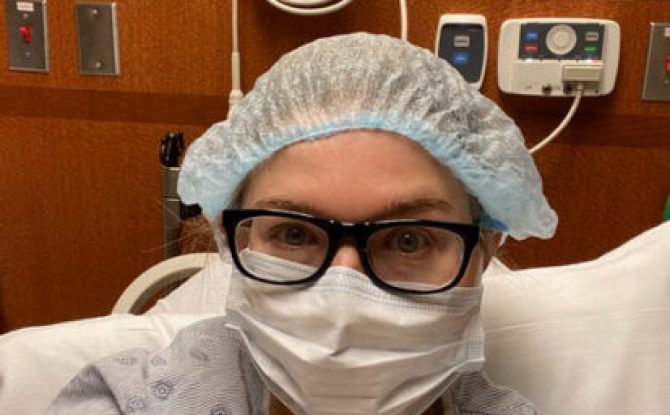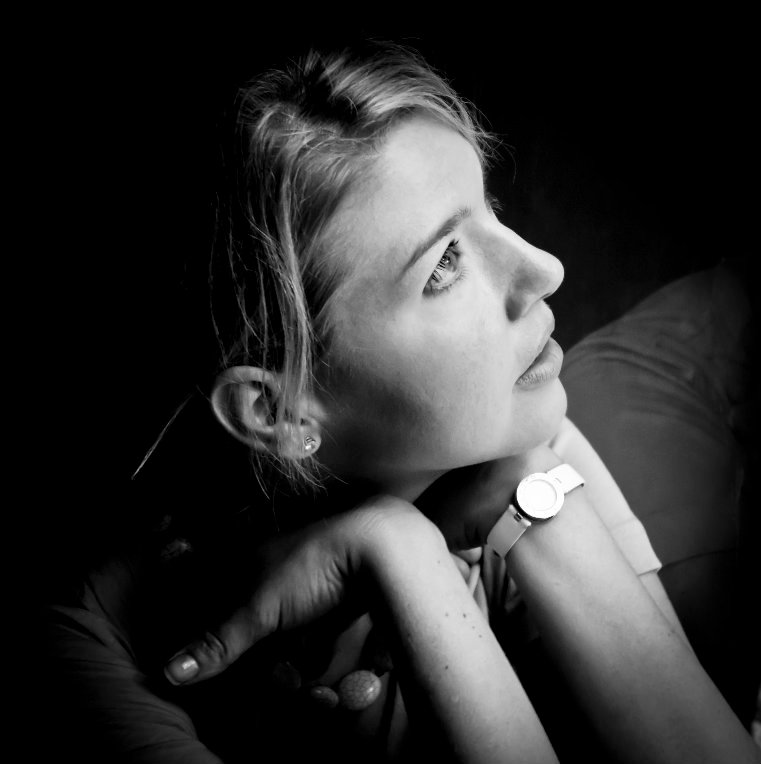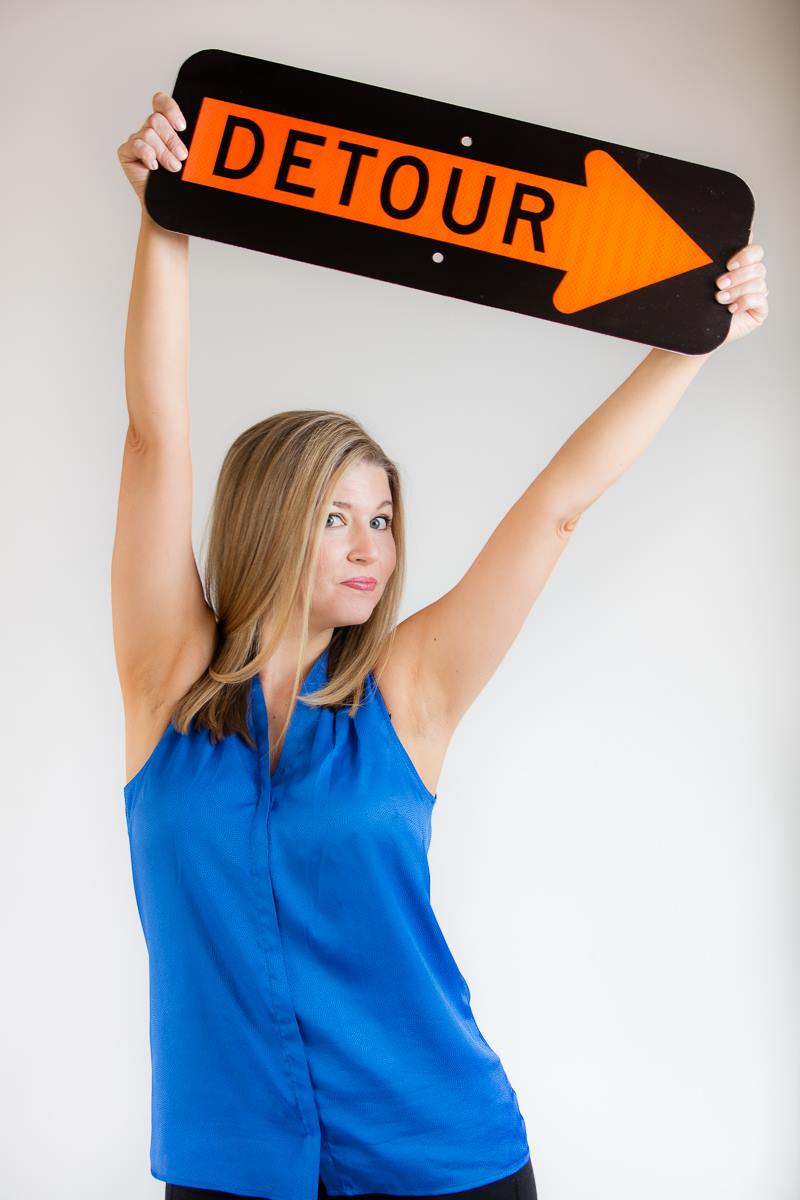You’ve seen toxic positivity: it’s the over-the-top optimism filled with an almost obsessively upbeat attitude. It’s “good vibes only!” and “always look on the bright side!” It’s the denial of struggle.
It’s a lie.
The trend of rah-rah “you can do it” positivity has been growing for several years, even before the COVID-19 pandemic. But in the past year-and-a-half, I’ve noticed toxic positivity creep into our lives in scary ways. It starts small:
“Things are a struggle right now, but I know a lot of people are struggling even more, so I don’t want to say anything.”
“It could be worse. At least I don’t have COVID.”
“I feel depressed. But what do I have to be depressed about?”
When we diminish our own struggles in comparison to other people, we’re giving toxic positivity a toehold. We start to think that unless our entire world is crumbling, we should be happy. And even worse – we let other people guilt us into a forced sense of optimism.
“Look on the bright side: at least you still have a job, some people lost everything.”
“Aw, cheer up. Life doesn’t give you more than you can handle.”
When I was diagnosed with cancer for the first time at age 26, people kept telling me “you’re so strong.” What was I supposed to say to that? I didn’t feel strong. I felt angry and scared and jealous of other people who had their health. What they were calling “strength” was really just me knowing I had to keep putting one foot in front of the other to survive. I didn’t have a choice.
And they would say “you’ve got this!” I know they were trying to help. I know they didn’t know what else to say. But now I know that forcing positivity on someone who is struggling can do more harm than good, because it’s isolating.
All these platitudes are nothing but guilt-trips wrapped in positivity paper. And the platitudes have been increasing since the pandemic. People are all over social media trying to find the benefits of the pandemic, like time to learn a new hobby, or more hours spent at home with family. Finding the bright side of this terrifying past year-and-a-half has become a badge of honor for the privileged.
It’s not *wrong* to find benefits in struggle. If that’s how you really feel, great! But when large numbers of people start to publicize and promote “finding the good” in something, what happens if you don’t agree? What happens if you feel crummy?
It’s like the emperor’s new clothes: you don’t want to speak up for fear of being ridiculed. Everybody else seems to have found the silver lining, so you don’t want to seem ungrateful for the good things you have. You don’t want to be shunned from the group dynamic, so you force yourself to participate.
And that’s when toxic positivity gets you. You don’t feel positive, but you fake it. You force it, because otherwise you worry people will judge you for being negative.
Having a positive attitude is an asset. It’s a good idea to build habits into your life that help you reflect, reframe, and feel gratitude. But having a positive attitude doesn’t mean you’re happy all the time. It means you can be sad when you should be sad, or disappointed when you should be disappointed, but that you’re able to balance those feelings with feelings of happiness when something happens that should make you happy. Being a real person means allowing both sides of your feelings to flourish.
True positivity isn’t forced. It’s not guilt-tripped or coerced. You can’t be shamed into it. You can only build it.
In 2022, maybe our culture can stop rejecting feelings of negativity as shameful. Feeling bad doesn’t make you a bad person, especially in times like these. Let’s reject toxic positivity and start appreciating the messy, up-and-down nature of true positivity. It’s not as meme-able, but at least it’s real.







